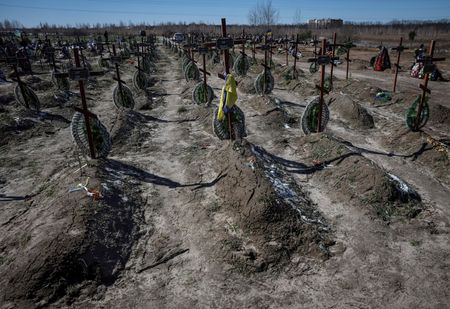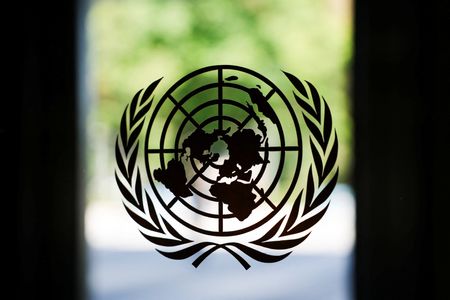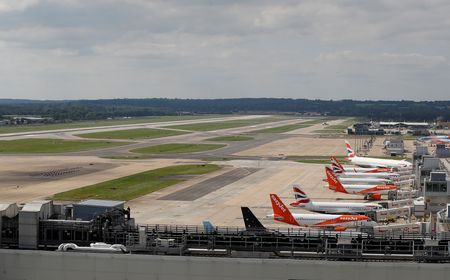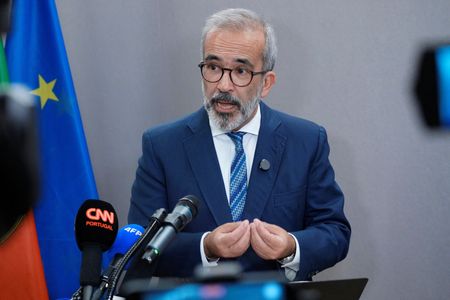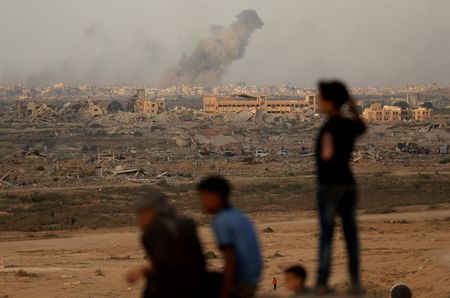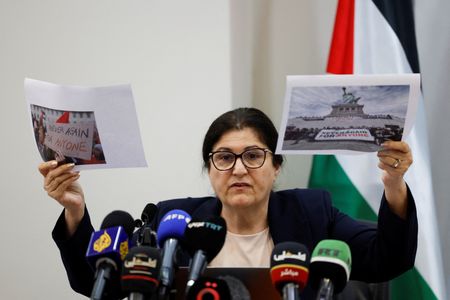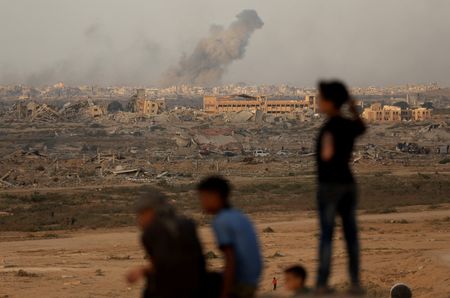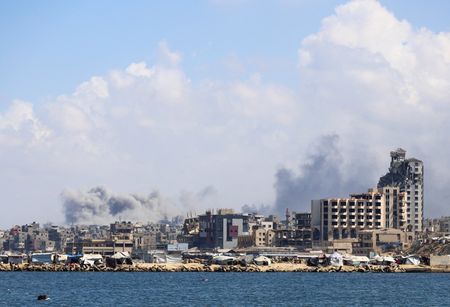KYIV (Reuters) -The UN Human Rights Monitoring Mission has recorded an “alarming rise” in reported executions of Ukrainian soldiers captured by the Russian armed forces during the war in recent months, it said on Monday.
The mission in Ukraine said it had received reports of 79 executions in 24 separate incidents since the end of August last year. International humanitarian law prohibits the execution of prisoners of war and the wounded, and regards it as a war crime.
“Many Ukrainian soldiers who surrendered or were in physical custody of the Russian armed forces were shot dead on the spot. Witness accounts also described the killings of unarmed and injured Ukrainian soldiers,” the mission said in a statement.
Commenting on the report, Ukraine’s Foreign Minister Andrii Sybiha said the Russian atrocities demanded urgent international action.
“Russia’s horrific executions of Ukrainian prisoners of war demonstrate that Ukraine confronts true beasts,” he said on X. “We need new and effective international legal tools, and concrete steps to hold the perpetrators accountable.”
The Russian defence ministry did not immediately respond to a request for comment.
The UN body obtained and analysed video and photographic material published by Ukrainian and Russian sources showing executions or dead bodies and conducted detailed interviews with witnesses.
It said the reported executions took place in areas where Russian offensive operations were underway.
Danielle Bell, head of the mission, said some Russian officials “have explicitly called for inhumane treatment, and even execution” of captured Ukrainian soldiers.
The mission said it also documented the execution of a wounded and incapacitated Russian soldier by the Ukrainian armed forces in 2024, but gave no details.
The Ukrainian prosecutor’s office earlier said it was investigating dozens of cases of executions of Ukrainian military personnel by Russian forces.
(Reporting by Pavel Polityuk, additional reporting Yuliia Dysa; editing by Barbara Lewis and Bernadette Baum)

